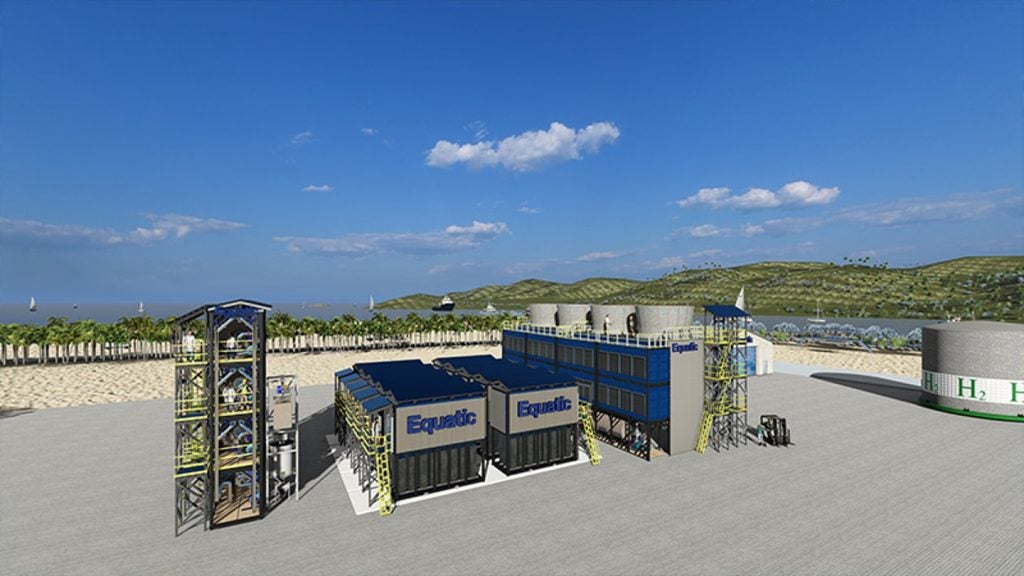ICM at UCLA and Equatic will invest $20m in an ocean-based carbon removal plant in Singapore, the California-based university announced on Wednesday.
The plant, called Equatic-1, will be built in partnership with Singapore’s national water agency, PUB, as well as the country’s National Research Foundation (NRF) over a period of 18 months. Equatic-1 will consist of ten modules installed in two phases, capable of removing around ten tonnes of carbon dioxide daily from seawater and the atmosphere.
“We are very grateful for the catalytic support of PUB and NRF, which have helped us create a world-class partnership in our joint efforts to mitigate climate change,” said Gaurav Sant, UCLA professor, co-founder of Equatic and ICM director. “Scaling carbon removal solutions requires technology, bold and committed partners and a focus on timely and measurable success.”
Several companies and governments are looking into carbon capture as a way to achieve net-zero emissions by 2050. Business management consultancy
McKinsey is expecting the carbon removal industry to
reach up to $1.2trn in value by mid-century.
In the UK, developing and scaling up carbon capture, utilisation and storage (CCUS) capacity is expected to
expand by the end of the decade, with around 50 projects in the pipeline, according to GlobalData.
Speaking about Equatic-1, Dante Simonetti, UCLA professor and ICM’s associate director for technology transition, said: “The pilot plant commissioned in 2023 provided critical performance data to substantiate our carbon dioxide-removal efficiencies, hydrogen-production rates and energy requirements for the process.
“The findings helped define the pathway for the design and engineering of Equatic-1 based on scaling performance confirmed by the pilot system,” Simonetti added.









